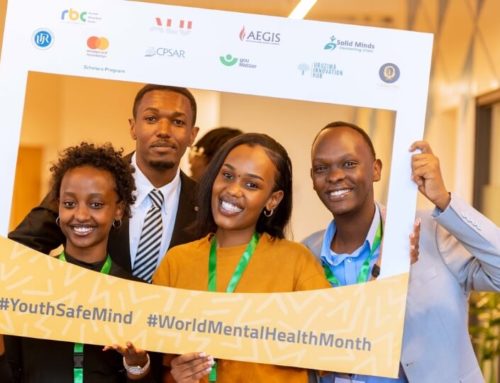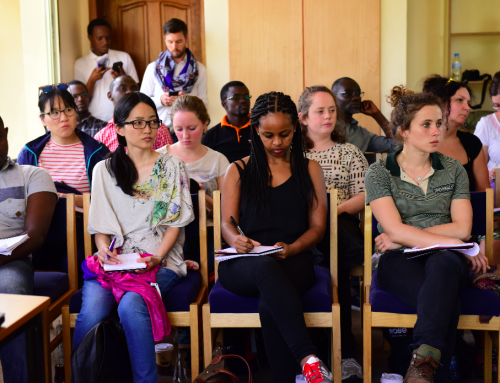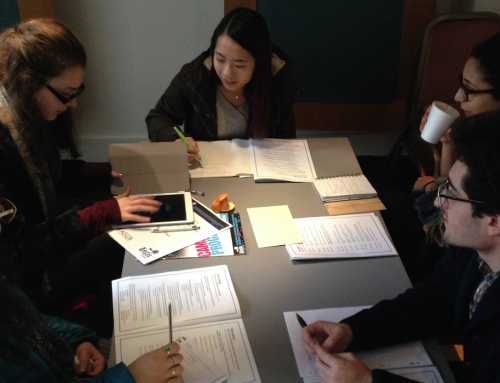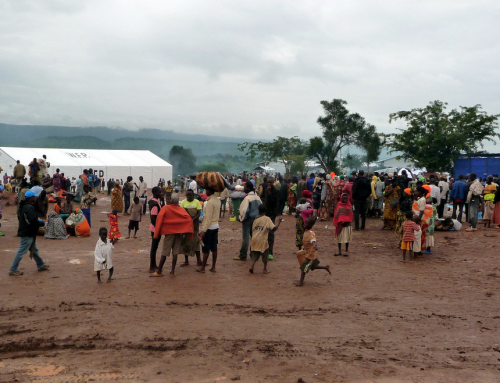17 Aug 2006 – Speaking at the National Aegis Students Summer  Conference in London, NUS President, Gemma Tumelty, gave her support to the Global Day of Action for Darfur taking place on 17 September. Participants in the events marking the Day will wear “blue hats,” the internationally recognized symbol of UN peacekeeping forces.
Conference in London, NUS President, Gemma Tumelty, gave her support to the Global Day of Action for Darfur taking place on 17 September. Participants in the events marking the Day will wear “blue hats,” the internationally recognized symbol of UN peacekeeping forces.
Gemma Tumelty’s speech came in the wake of an NUS motion in support of Aegis Student Societies. In a speech in which she gave her personal endorsement and encouragement to the UK’s student campaign against genocide she said;
“We are proud to be proactively working with The Aegis Trust, proud to be adding our strength to the cause for an end to the genocide of the people of Darfur, proud to be educating our members on the situation in the Sudan despite deafening silence from the media and sometimes from the international community. Students are vital in this campaigning work, and it is so great to see you all here today, and as such, the NUS will be helping through the rest of our networks to mobilise students to engage in the work of The Aegis Trust.
“In January, I attended the National Holocaust Memorial Day event in Cardiff, and when we got in the taxi at the end of the night to go to the station, the taxi driver told us a story which horrified me. He said that two 20 – 22 year old women were out on the town and got in his taxi earlier on in the night in Cardiff, and enquired as to what event was happening at the Millennium Centre and why the roads were closed. And he replied that it was a Holocaust Memorial Day event. They then said “What’s the Holocaust?” That’s why it’s these events and organisations like The Aegis Trust that are so necessary for reminding and re-educating about the horrific events, for reminding of the displaced children, of the entire communities that were destroyed and of the bravery of thousands of people who didn’t turn a blind eye to the atrocities. It is vital to ensure that we don’t forget and that we don’t let it happen again.
“And the event also focussed on Rwanda and Darfur and the lack of help that the rest of the world offered in Rwanda until it was really too late. The situation in Darfur is still continuing, yet the eyes of the world are turned away. It’s really easy to say “Never again” or “We mustn’t forget”, but over the last two years, hundreds of thousands of men, women and children have died, and another 2.5 million (and its probably more now) have been forced to leave their homes and communities in Darfur. We must engage, we must campaign, we must protect the people of Darfur. And let us mean it when we say ‘Never again’.”





